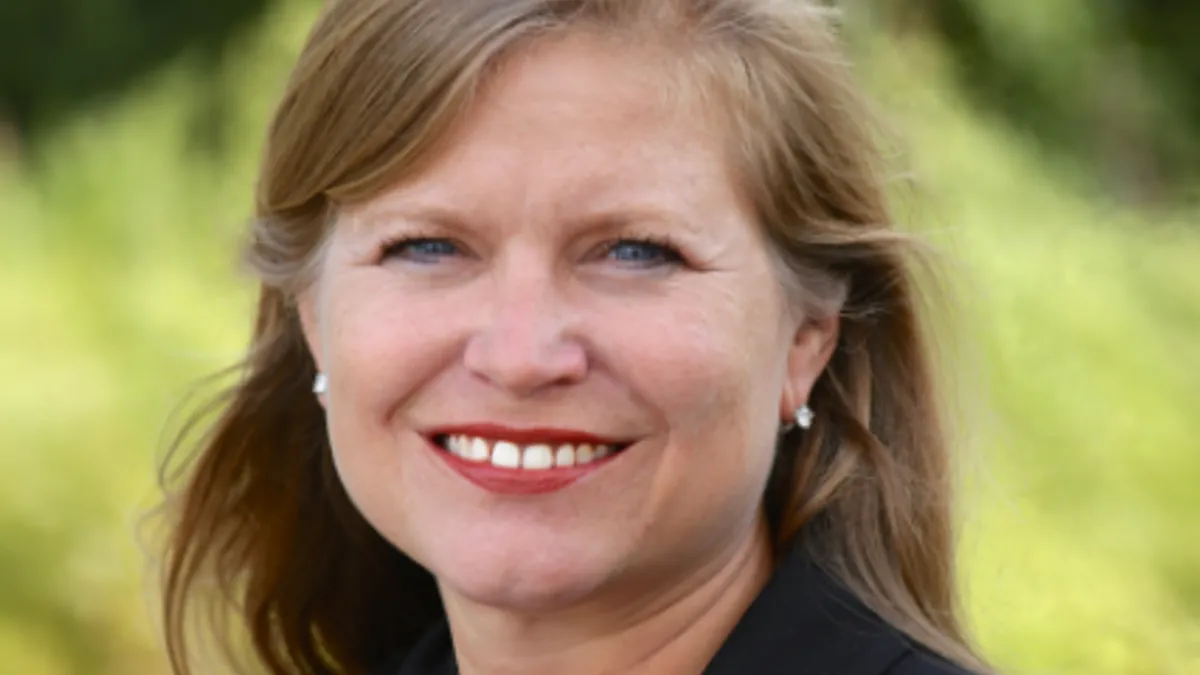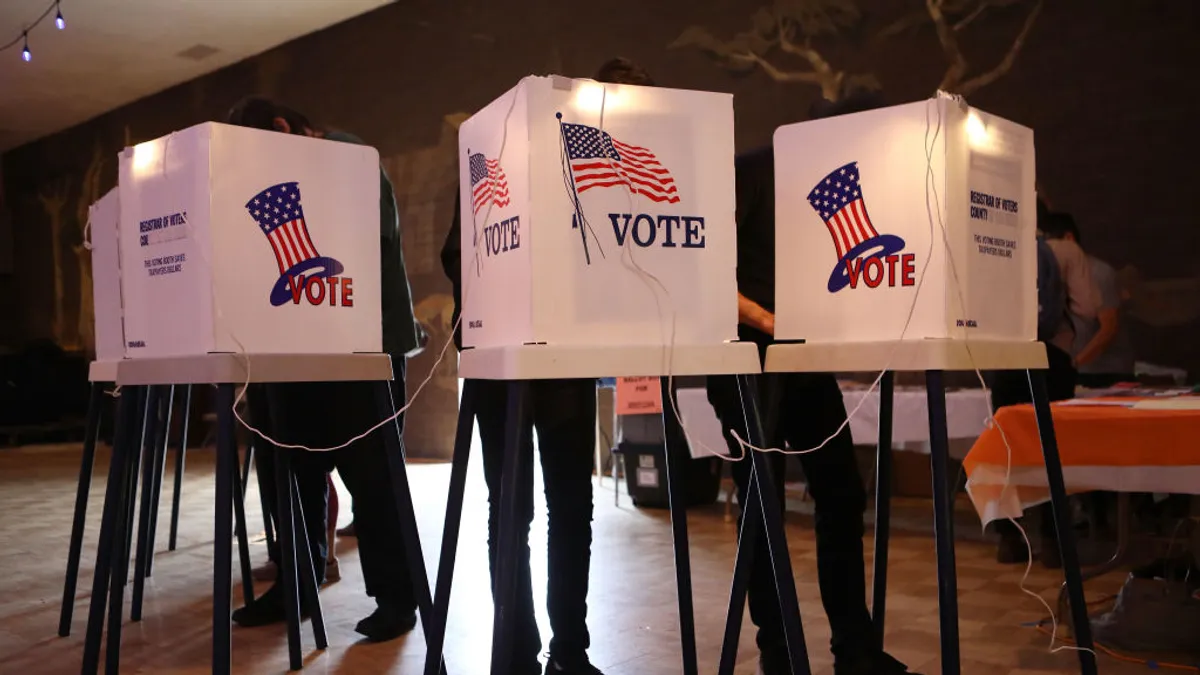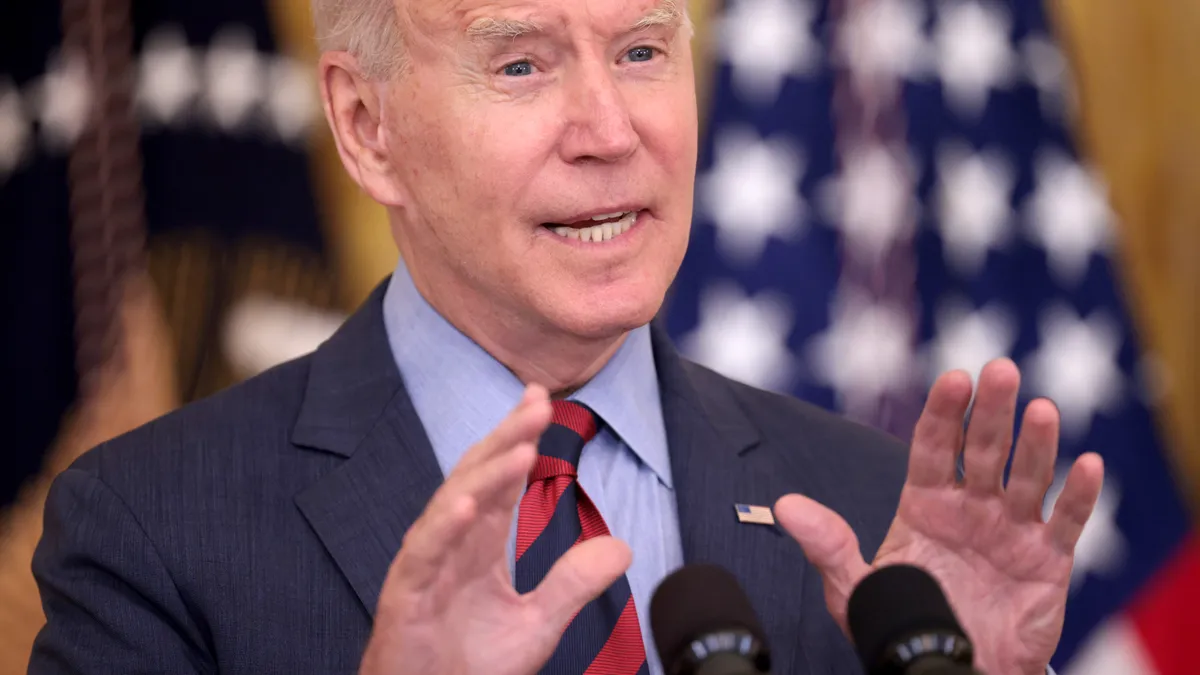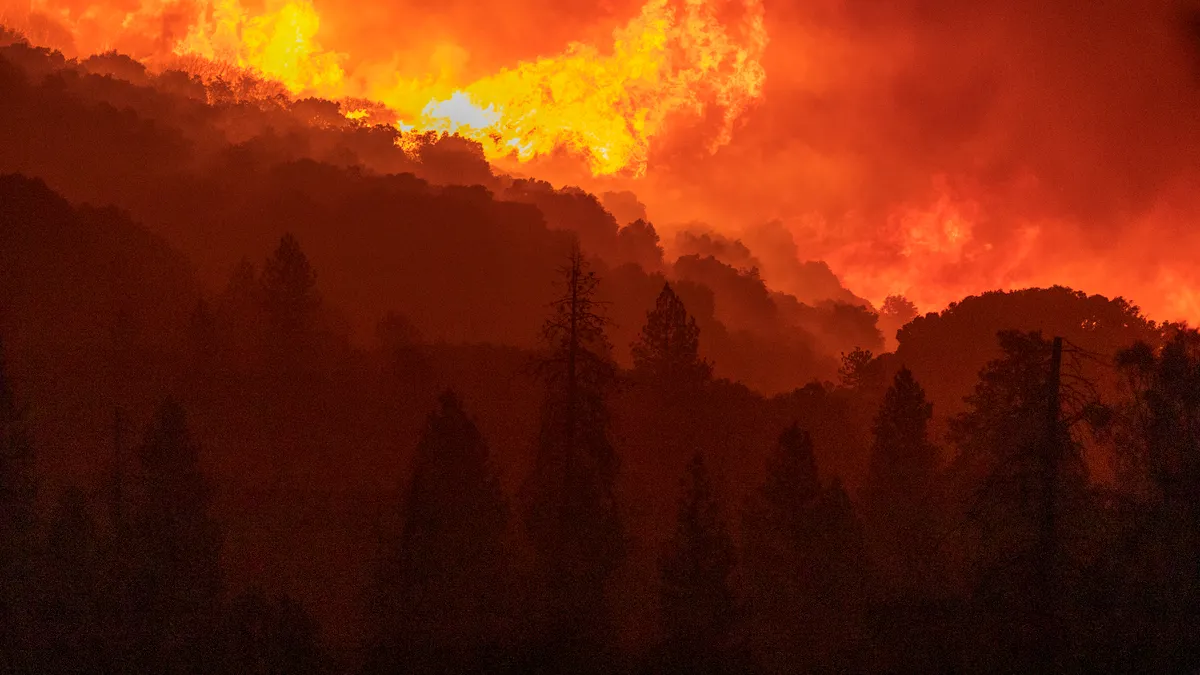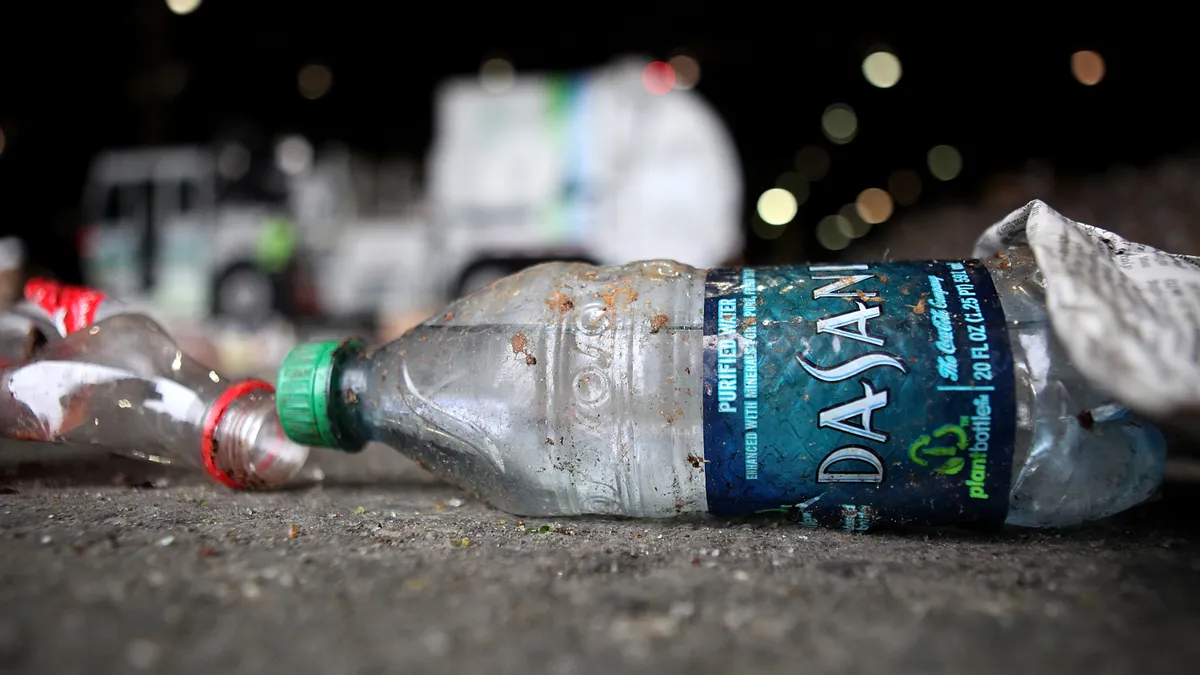"New York City is the largest municipal sanitation department, probably in the world, definitely in the country," said DSNY Commissioner Kathryn Garcia as she took the stage as a keynote speaker at WASTECON in August. The lifelong New Yorker accepted the position as the NYC Department of Sanitation Commissioner in March 2014 — a role with some of the biggest responsibilities in the industry.
Since starting as Commissioner, Garcia has set big goals for the City of New York — a city that moves 10,500 tons of refuse a day. The long-term goal of contributing zero waste to landfills has been Garcia's main focus, and to achieve this difficult task, she has worked to implement many initiatives including e-cycle programs, organic waste programs, and shifting the way that materials are transferred.
"We think that together, these initiatives put New York City on the road toward zero waste, toward really having us think about it completely differently than we ever had before," Garcia said in her keynote session.
For our second installment of the 'Women in Waste' spotlight series, Waste Dive caught up with Garcia to ask her experiences on being a leading woman in the United State's most high-profile sanitation department.
Waste Dive: Can you tell us a bit about your background and how you got started in the waste industry?
KATHRYN GARCIA: I was actually working in consulting for about 10 years and then I went over to the Department of Environmental Protection in 2006 which, in New York City, is the water and wastewater utility. I did that until I was recruited to take the role as Commissioner at Sanitation in late March of 2014. So my career really started on the liquid waste side before moving to the solid waste side.
With your experiences so far as the Commissioner, what has been the biggest challenge that you’ve faced?
GARCIA: I think that the biggest challenge of any large organization is to make sure that you’re executing on your strategic goals, and we are trying to do a lot of new things here in the city that have not been tried before. But at the same time, it’s absolutely critical that we get our missions done in terms of collections in snow any given day of the week.
There have been a few different developments that you’ve recently placed for the City, including new composting laws ... What other upcoming legislation or developments may we see from NYC through the end of this year, or in the near future?
GARCIA: We expanded our curbside organics program, so we will now be serving 700,000 people in the City of New York. We are committed to having that grow to over a million next year, and that is in conjunction with our drop-off program at many of the community gardens and botanical gardens in the city. In addition we’re in the midst of piloting curbside collection of textiles in several districts across the city. And, despite the [recent] hurricane, most of the material has been kept by Goodwill— it was not ruined in the rain — so we are moving in a lot of different directions. We had a hearing on commercial source-separated organics, we will have another hearing coming up toward the end of this month on new commercial recycling rules, and I was at a school this morning kicking off an essay writing contents for fourth and fifth graders on litter. So we are trying to use all of the tools at our disposal to take the city in a completely new direction.
Have you ever faced any challenges by being a woman in your position, in an industry that is prominently male-dominated?
GARCIA: I have to say that I found the Department of Sanitation to be incredibly welcoming to having a woman in a leadership position, and this is probably a tradition that goes back to when women first joined the uniform ranks. There was really very little backlash against women joining the uniform ranks and I find that to be true today as well. It’s really about getting the job done, and if you’re willing to get the job done, the men who work at this organization are very open to anyone who’s capable of pulling their own weight and the weight that is required any given day of the week.
Do you believe that the representation of women is going to increase in this industry?
GARCIA: This is one of the things that I have struggled with. We recently gave the sanitation worker exam and over 94,000 people applied, over 70,000 took the exam, and it was still a relatively low number of women who participated and particularly in the New York City Department of Sanitation, that is the entry to a lot of the more senior management positions. So while we have continued to try to cultivate the women in our ranks across the board, the pool was not as strong as what I would have liked it to be. I think that that’s still a challenge of the perception that it’s “garbage men,” and not just “sanitation workers” in the public. Not within the Department. In the Department if you ask the women who work here, they’re like, “This is the best job.” But in the more general public, I think there’s a perception that this is still a man’s job.
Is that something that you wish to change through your role?
GARCIA: I have worked very hard to do outreach. We did an enormous amount of outreach last year when the exam was being given, we just were not that successful. Spending a lot of time at high schools and at other organizations that are focused on women, we still struggled to get women to apply.
So, what advice may you have for women who are seeking a position in this industry, or maybe seeking a leadership role?
GARCIA: I think there are a ton of opportunities for women in this industry. I think it’s all about confidence. Perhaps it’s not thought of as exciting as the next Facebook or Google, but there’s a lot of technology being utilized by the industry — there’s a lot of logistical and operational planning. So I think it’s a career that goes unsung for the young people of today and I think they’re missing the boat on that. I think that it’s an extremely exciting time to be in the waste disposal and recycling industry. It’s clearly challenging with what’s happening with world commodity markets, but there's a real opportunity to have the public participate in what we’re doing to try to get to zero waste. I think that’s a movement that will continue across the country.



